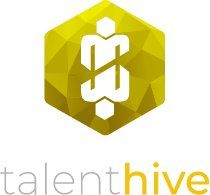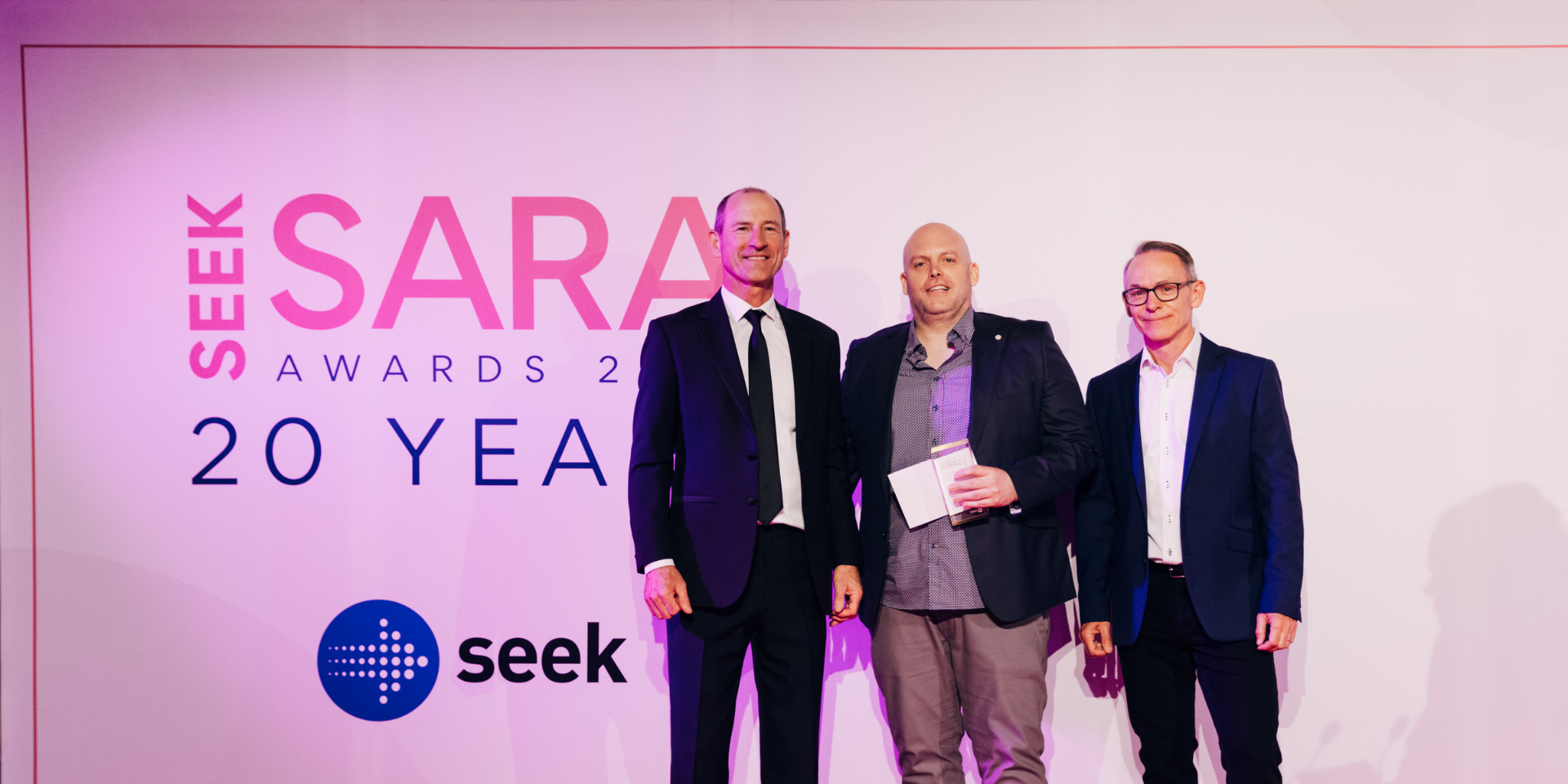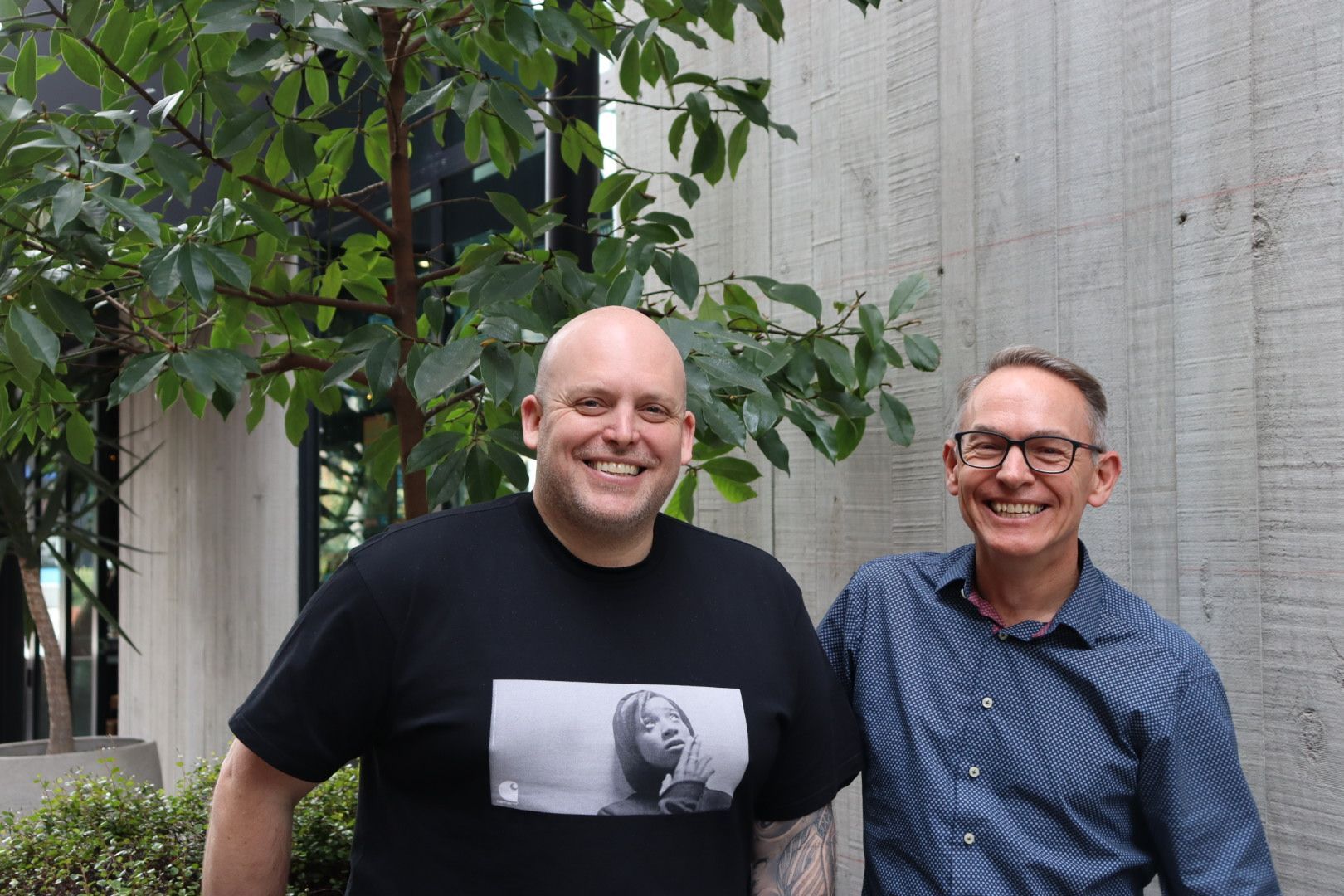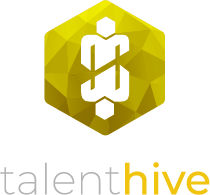RETAINING THE TALENT
How do you retain your good people and what can you do to get it right?
I could start out saying it’s about culture, which obviously it is – but then all the good oil about managing your people comes back to culture, oh and of course communication. Let’s look at this from a slightly more practical angle, of what you do in the short term, while you’re busy working on the culture, which can take a few years and multiple strategies.
How to keep those you want to keep, how to let those go who perhaps would benefit from another organisation and how to work through retirement where the business knowledge is leaving with the individual.
There are 4 distinct categories:
- The Talent
- The Everyday great people
- The Non-performers
- The Retirees
They each have distinct requirements and different approaches needed from the business leaders to manage, motivate and engage them.
THE TALENT
Do you know who they are? Did you do something to find out or did they tell you themselves?
Talent in the world of work has many definitions, but I think this one sums it up:
“Those individuals who can make a difference to organisational performance” (Google)
The people who will help the organisation succeed. They are often the people who are coming up with the great ideas, the ones that the customers rate highly, the ones that demonstrate leadership skills, who people want on their teams or projects. They are also the people who are very attractive to your competitors – they have options.
A relatively simple Talent Identification activity is very effective in determining and discovering who these people are in your business. A facilitated workshop that promotes open discussion between managers can achieve this. This helps with deciding where the effort should go in development and recognition. Then put the effort into developing them, offering them opportunities and recognising them when they have succeeded. The Talent Hive can help with ideas for development of people at various stages, to keep them engaged and not looking outside the business for opportunities.
THE EVERYDAY GREAT PEOPLE
These are the ones who are often overlooked. They are the people who deal with the business as usual, they get stuff done, they don’t cause the organisation or their managers any grief. They come in and do their job. Generally pretty happy with their lot, they don’t have a great drive or desire to make their way up the career or corporate ladder. These people are often the lifeblood of an organisation. Sometimes they don’t want to be noticed or singled out for doing something well (deep down they probably do) but ignore them at your peril. The good regular performers are also very attractive to the market. Make sure you talk to them, keep a dialogue going, understand them and recognise them, just maybe discretely if that’s what they want.
THE NON-PERFORMERS
Oh yes, these people. They bring everyone else down. If you have some in your team and you are not addressing the issues, then you risk losing your good people. Your competitors are not interested in the non-performers. Along with not doing the job you need them to be doing, they are also probably distracting or disrupting others, when they are at work, because they may also be your high users of sick leave. The interesting thing when you actually address this situation, is they already know that they are not performing, they have been hoping no-one will notice.
There are two options: help them improve or to help them find the best role for their skills and abilities, which may be outside your organisation. It is very bad practice to move poor performers around an organisation, it doesn’t solve the problem, well it does for one manager, but it creates a problem for another and makes you unpopular. Take up the challenge, be courageous and sort the non-performers out, for everyone’s sake!
THE RETIREES
This group is awesome. They have heaps of skills, loads of institutional knowledge and are often very loyal, having been with an organisation for many years of their working life. There is no retirement age in NZ, but for the purposes of this article, we’ll say 65, which is when you have access to the Government Superannuation Fund. While they are approaching retirement, say from 60 – 63 onwards, it’s a good idea to offer access to some support and start them thinking about the next stage in their life. Some people fear what it will mean for them, how will they fill their days, will they miss their workmates? When people retire, they often grieve the loss of the everyday routine.
Sometimes a graduated retirement is the best thing. Dropping back to a 3-day work week for a year or two can help them to start finding ways to fill in the newly available hours. It may free up some budget to bring in a junior as well. Check out this article The Grandparent in the Corner Office. Also utilise these great resources to transfer knowledge, upskill others, time spent as a mentor can make the last couple of years very fulfilling.
If you have a people management challenge going on within your business, you may not have all the tools in your own toolkit. If you would like some help with talent identification, recognition and reward, managing poor performers or helping people with graduated retirement programmes, then get in touch – it’s what we do here at The Talent Hive.
Wendy McArthur is the Principal Consultant – People and Culture at The Talent Hive, she offers a pragmatic and practical approach, builds lasting relationships and works with clients to provide tailored business solutions across organisation, people and culture. She spends her quality non work time with friends and family and is currently extending the grey matter and learning French.
At The Talent Hive we specialise in connecting Engineering, IT and HR professionals with the right career opportunities. We also offer a variety of business solutions around people capability from talent identification, performance and objective setting to remuneration and reward systems and advice. Start the journey, connect with The Talent Hive today.
The challenge
With the consequences of climate change a now very real threat for companies and organisations, adopting a sustainable approach has become a necessity, not just a nice-to-have. While that’s good news for DETA, which has benefited from an increased market opportunity, it’s thrown up a few challenges to navigate - namely people resources. With new projects and leads coming in thick and fast, DETA had a decision to make; turn away new clients because they didn’t have the appropriate people onboard to assist, or say yes to every opportunity and find the talent to make it happen.
DETA decided on the latter approach, so needed to scale up their engineering capacity, and do it rapidly. They chose to outsource their talent attraction to an engineering recruitment specialist, and haven’t looked back since.
After doing their due diligence, DETA made the decision to partner with Talent Hive, citing Talent Hive’s reputation for reliability and their history of delivering high-quality candidates’ as two of the key driving factors for their decision.
Talent Hive's Approach
After consulting with DETA’s General Manager of Operations to scope out roles and define the company’s goals, Talent Hive’s Director of Engineering, Matt Love- Smith got to work tailoring their award-winning Talent Acquisition Programme to attract the most suitable talent for the roles.
The sourcing strategy included:
- Drawing on Talent Hive’s wealth of industry connections and networks
- Using database technology to complete a comprehensive market scan of candidates
- Warming up passive talent with targeted social media marketing campaigns
- Creating and hosting a customised talent landing page, in conjunction with an internal and external referral system in order to build awareness around DETA’s work, their company values, and to make it easy for candidates to learn more about the roles and apply.
- By strategically sourcing and engaging only the highest calibre of passive candidates, Talent Hive accelerated time to value and achieved an impressive interview-to-offer ratio, drastically reducing the time DETA’s Hiring Manager was required to attend interviews.
Key outcomes delivered
It's results that matter. Here is an overview of how Talent Hive delivered for DETA Consulting.
- 100% of roles filled
- 100% of candidates hired within agreed timeframe and budget
- 50% of candidates hired ahead of target
- 60% of candidates interviewed by DETA offered roles. A further 25% of candidates being considered for future hires. By strategically sourcing and engaging only the highest calibre of passive candidates, Talent Hive accelerated time to value and achieved an impressive interview-to-offer ratio, drastically reducing the time DETA’s Hiring Manager was required to attend interviews.
- Talent Hive received five star ratings from DETA’s Hiring Manager (5/5 avg) and (4.95/5 avg) from candidates on sourcr.com
- Talent Hive re-engaged to manage DETA’s Graduate Recruitment Programme for the 2023 intake. This has been successfully completed.
DETA Consulting
It's been a pleasure working with Talent Hive on finding technical recruits. Matt's diligence and dedication has made what we thought would be a difficult process, a seamless and stress-free one. Despite a shortage of talent, Matt has consistently secured us a high- calibre of candidates, which has set us up for success.
- Callum Streeter
Christchurch:
2/38 Southwark Street
Christchurch
PO Box 162
8140
Powered with 💛 by Shazamme










